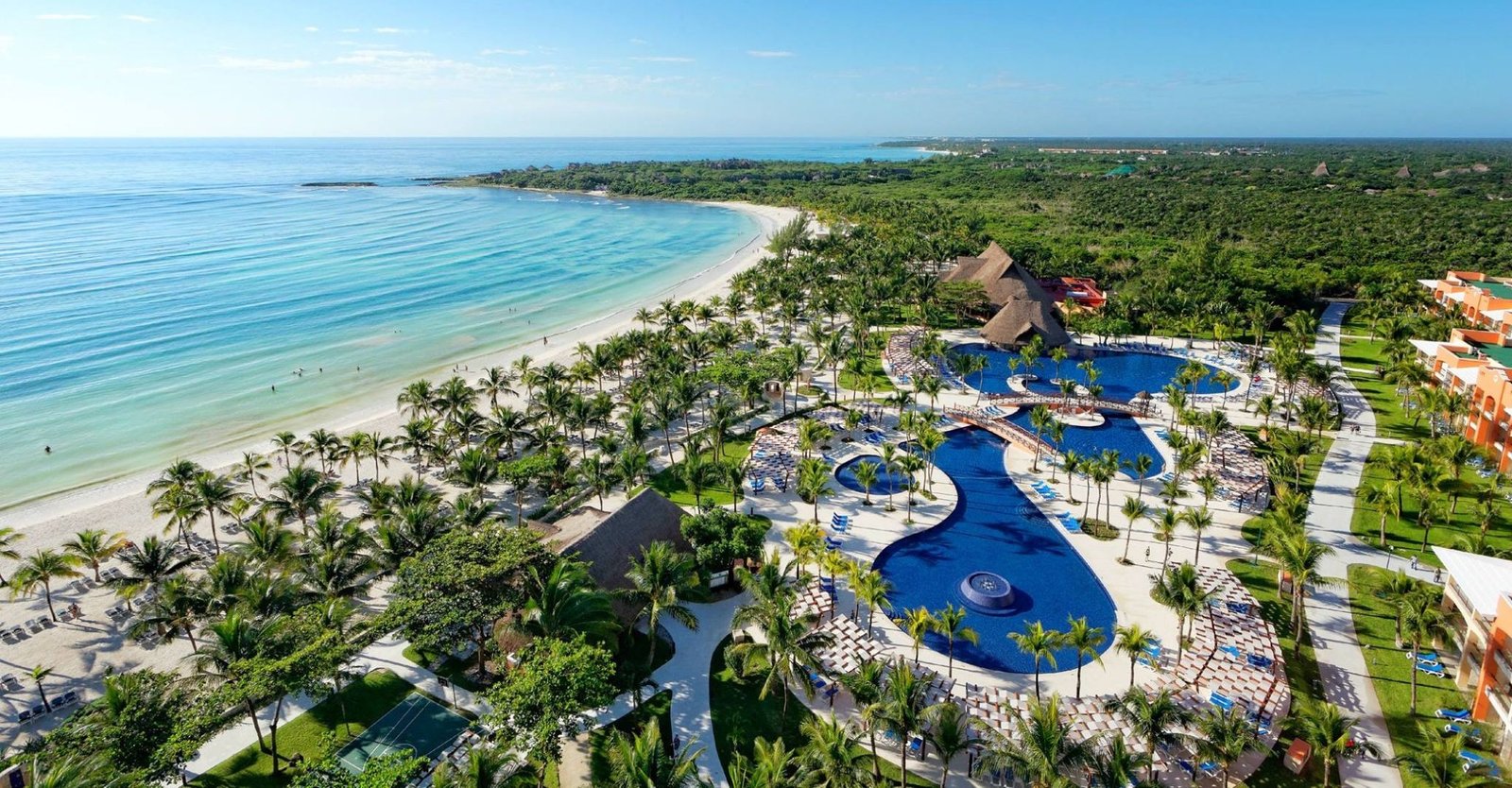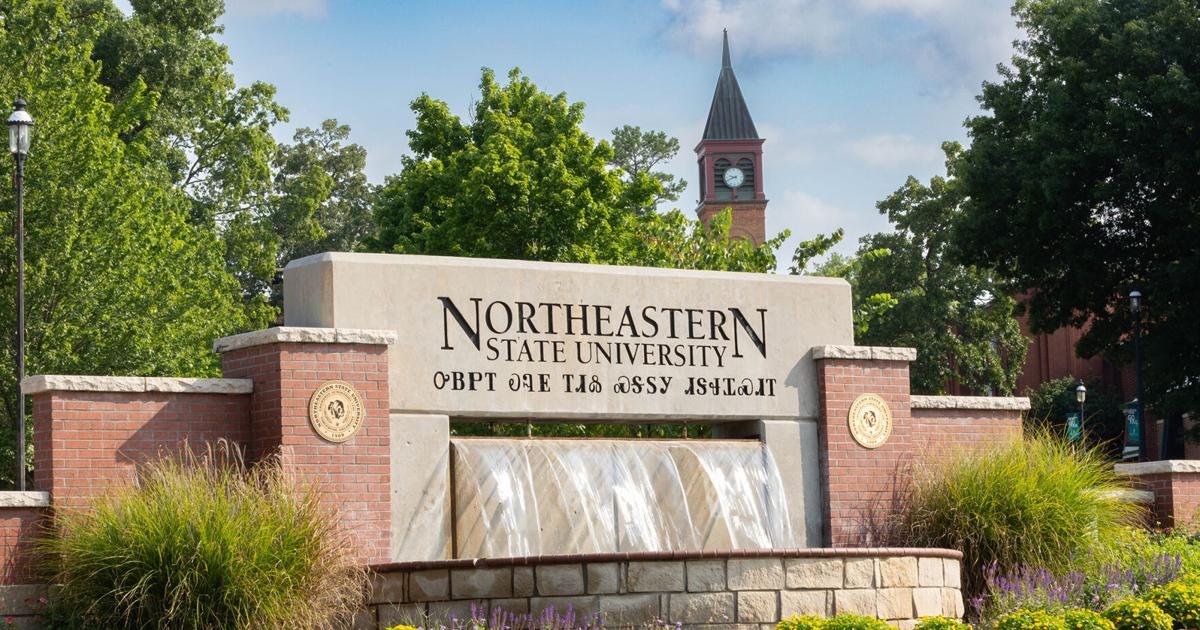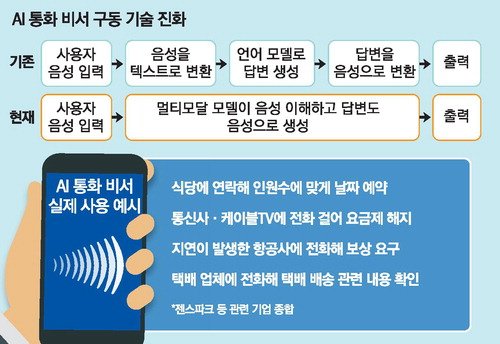U.S. artificial intelligence (AI) semiconductor companies Nvidia and AMD have decided to provide 15% of AI chip sales to the U.S. government, sparking controversy. Critics say that U.S. President Donald Trump, who is causing controversy due to his excessive involvement in private companies, is twisting the arms of companies in exchange for lifting public regulations.
Citing sources, the Financial Times (FT) reported on the 10th (local time) that “NVIDIA has agreed to pay 15% of H20 chip sales in China to the government, and AMD has also decided to pay 15% of MI308 chip sales.” It is known that the US government has not yet decided where to use the funds received.
Earlier, the FT reported on the 8th that the U.S. Department of Commerce’s Industrial Security Administration began licensing exports to Nvidia. It has been two days since Nvidia CEO Jensen Huang met with President Trump on the 6th to discuss export permits. The issuance of export licenses to China for AMD has also begun. The FT said, “It is unprecedented for a U.S. company to decide to pay a portion of its sales to the government to obtain export licenses,” adding, “It fits the way of the Trump administration, which has called for investment in the U.S. to avoid tariffs.”
AMD did not respond to FT’s request for comment. “We abide by the rules set by the U.S. government to participate in markets around the world,” Nvidia said, without denying it had agreed to the agreement.
There is criticism in the U.S. over the resumption of H20 sales. Security experts warn that H20 could be exploited to strengthen China’s military and AI competitiveness.
Liza Tobin, a Chinese expert who served on the National Security Council (NSC) during the first Trump administration, sarcastically said, “China will be enjoying the U.S. government’s conversion of export licenses into revenue sources,” adding, “Will Lockheed Martin be allowed to sell F-35 fighter jets to China for a 15% commission next time?”
Jeff Gertz, a senior researcher at the New American Security Center, a think tank in Washington, DC, told Reuters, “It’s really strange. If selling Nvidia’s H20 chips for export to China is a national security risk, you shouldn’t sell them in the first place, and if it’s not a security risk, why impose such additional punishment?”
This is not the first time President Trump has interfered with a company. Coca-Cola announced last month that it would launch products made from American sugarcane in the fall for its products in the U.S. President Trump, who is famous for his cola lovers, wrote on Truth Social on the 16th of last month, “I have been discussing using real sugarcane sugar in Coca-Cola in the United States.” This comes after Coca-Cola announced it would change its recipe to sugarcane sugar rather than corn syrup.
President Trump, who is also encouraging the construction of factories in the country with tariffs as a weapon, warned Apple CEO Tim Cook in May, “I hope that iPhones sold in the U.S. will be manufactured in the U.S., not in other countries such as India,” adding, “Otherwise, Apple will have to pay at least 25% tariffs.” CEO Cook met with President Trump at the White House on the 6th to manage uncertainty and avoid potential risks, and announced that he would increase investment in U.S. manufacturing by $100 billion over the next four years to spend a total of $600 billion.
Japan Steel has decided to give President Trump a “golden stock” that allows the government to participate in management while significantly increasing the amount of investment in the U.S. to obtain approval to acquire US Steel. It also plans to invest trillions of won in MP Materials, a local rare earth company, to participate in the management of the Ministry of National Defense as the largest shareholder as a strategy to cope with China’s hegemony in the rare earth supply chain.
Foreign Policy (FP), a media outlet specializing in foreign affairs and security, pointed out in a recent report that a new trend of “state capitalism” from Trump is emerging in the U.S. economy and pointed out that “the strong free market order in the U.S., where efficiency and profits determine resource allocation, is changing (to an order in which resources are allocated through government intervention).”
[Reporter Kim Deoksik]





























You must be logged in to post a comment Login